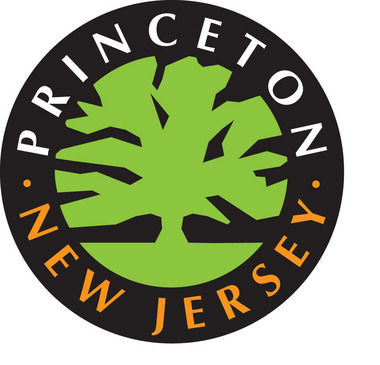By Philip Sean Curran, Staff Writer
Princeton Council took no action Monday on a proposal to require residents of part of the Witherspoon-Jackson neighborhood to start paying for parking on the street in front of their homes from 6 p.m. to 9 a.m.
The issue, coming up toward the end of a nearly four-hour-long council meeting, was put off until potentially to the end of this month. Officials complained afterward of being mentally drained to take up a thorny issue following a lengthy discussion of a separate matter.
The proposed changes would have impacted John and Race streets and Birch and Leigh avenues, all located in the former township. Based on current rules, residents there automatically get one free permit if they have a driveway or two if they do not, in order to park on their streets 24 hours a day.
The proposal before council Monday, however, called for requiring them to apply to the town clerk’s office for a permit that would cost $30 per quarter or $120 a year. In addition, residents would be eligible only if they did not have a driveway and limited to one permit per household.
The rules would have taken effect in January 2018, to give residents enough time to understand what the new requirements are and give officials time to figure out what to do what rules for daytime on-street parking.
“So part of the goal is conformity and fairness,” Mayor Liz Lempert told reporters Monday. “I can just tell you what I’ve heard as mayor from neighborhood meetings is that, when you have streets side by side, one has two-hour-restrictions (and) another street has no restrictions, then that can cause issues.”
For her part, Councilwoman Jo S. Butler said Tuesday that she supported charging a fee, but believed the question of limiting households to one permit was something officials needed to discuss further. Councilman Bernard P. Miller said Tuesday that officials could not reach consensus, but he said they would take it up again this month.
Officials dismissed the suggestion that there is a war against cars, by effectively limiting how many of them residents can maintain. Officials had no answers, however, for what property owners do if they own multiple cars.
“A decision hasn’t been made yet. And I think that it’s going to be important for us to understand what the ramifications are to current residents,” Mayor Lempert said.
Asked about the permit fee being a regressive tax on residents who might be least able to afford it, she replied, “I think that’s a concern.”
“It’s a difficult problem, again, because you want to be treating people fairly and the same. So if you’re charging for a resource in some areas and right next door you’re not, it’s a fundamental unfairness,” she said.
Mayor Lempert expressed concern that if the town made parking free for everyone, it would lead to clogged up streets with residents coming home unable to find a place to park.
“So I think,” she continued, “that we have to recognize that there are, in a lot of areas of town, there’s more demand for parking than there is space.”

